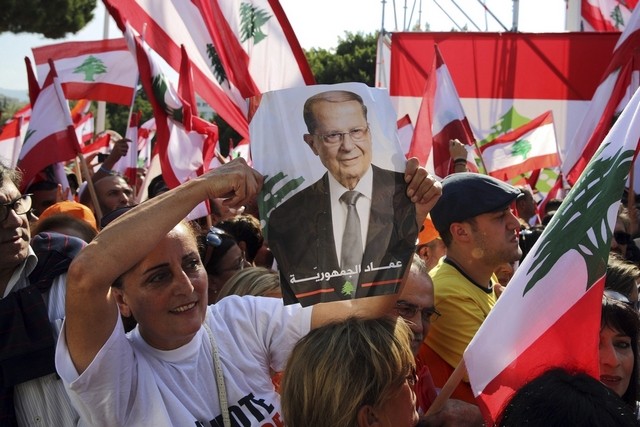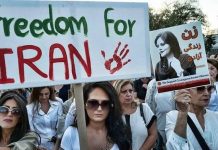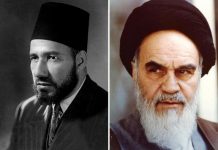Lebanon still paralysed politically six months into Aoun presidency
Jacob Burns/albawaba/April 27/17
Lebanon’s parliament elected Michel Aoun to be the country’s president on October 31, after 29 months without someone in the role. A retired General who spent 15 years in exile after being forced from the country by Syrian troops, he shifted alliances over the last decade to become close with the militant group Hezbollah and its Iranian and Syrian backers.
The election was widely seen as a welcome return to normalcy after a dangerous political vacuum. The country borders Syria and Israel, hosts more than a million refugees, and is still working through the painful legacy of its fiteen-year civil war, all of which make it prone to instability.
Aoun was elected on the promise to hold parliamentary elections, which the country has not had since 2009, but his first six months have not seen those take place. In fact, a in sign of continuing political deadlock, Aoun recently had to invoke a presidential privilege and suspend parliament for one month in the hope that the time could be used to secure cross-party support for a new electoral law.
“He tried to pass off the government as a transitional government,” Kareem Chehayeb, a Lebanese journalist and analyst, told Al Bawaba. “Although objectively Aoun did a lot to build state institutions – such as passing the state budget, the first in twelve years – he’s done everything but pass an electoral law.”
Bassam Khawaja, the Lebanon researcher for Human Rights Watch, said that parliamentary paralysis was blocking the route to important legislation that would protect human rights in the country. “[Parliament] has failed to pass important draft legislation to criminalize all forms of torture, remove civilians from the military court, end child marriage, reform Lebanon’s domestic violence law, and repeal a law that allows rapists to escape punishment by marrying their victims,” he said.
The country has been suffering economically in tandem with its political crises. The World Bank has criticized Lebanon’s public finances as “structurally weak and worsening”, and said that they are in need of urgent reform.
Jad Chaaban, an Associate Professor of Economics at the American University of Beirut, said that, “the election of a president has not changed anything” in terms of the economy. “There is still very low growth, limits on expenditure, and many public projects are on hold. The economic situation is linked to regional developments, such as Syria, and structural things inside Lebanon.”
Chaaban said that much of the problem with government finances stems from the political clientelism that dominates the country. “In the national unity government that exists now, you have many political parties, and so you have more political players who want to get more from the same pot. And the government is not able to deliver.”
Chaaban told Al Bawaba that he believed this factional conflicts were driving the labor disputes that have spilled out onto Lebanon’s streets in recent weeks, such as the truck drivers’ protest in Lebanon yesterday. The professor, who has also been involved with the grassroots movement Beirut Madinati, said that, “politics is rooted in these corrupt client networks, and they’re decades old.” He said that while the activist community in Lebanon remained fragmented, it would be hard to challenge those structures.
Chehayeb though said that he was enthused by the thought of the coming elections. “I think what makes them exciting is that they come on the heels of a wave of protest during the trash crisis. The presence of lots of independent candidates adds an interesting dynamic to politics in Lebanon.”
Khawaja, though, cautioned that grassroots activism was taking place in a political climate that was increasingly intolerant of free speech. “We have seen a pattern in recent months of authorities prosecuting individuals for political statements made on social media, under draconian laws that allow sentences of up to 2 years in prison. These prosecutions chill freedom of expression.”
It therefore remains to be seen whether Aoun can steer Lebanon’s political class away out of the deadlock in which they remain. Elections would renew the legitimacy of a parliament that is eight years into a four year term, but that would not translate into automatic improvement in the quality of life for ordinary Lebanese and the refugees in the country.
“The main issues we face,” said Chaaban, “all these are not on the state’s agenda. The mistake we keep making is to let ourselves be driven by the state’s agenda, and not what matters most to us.”





















